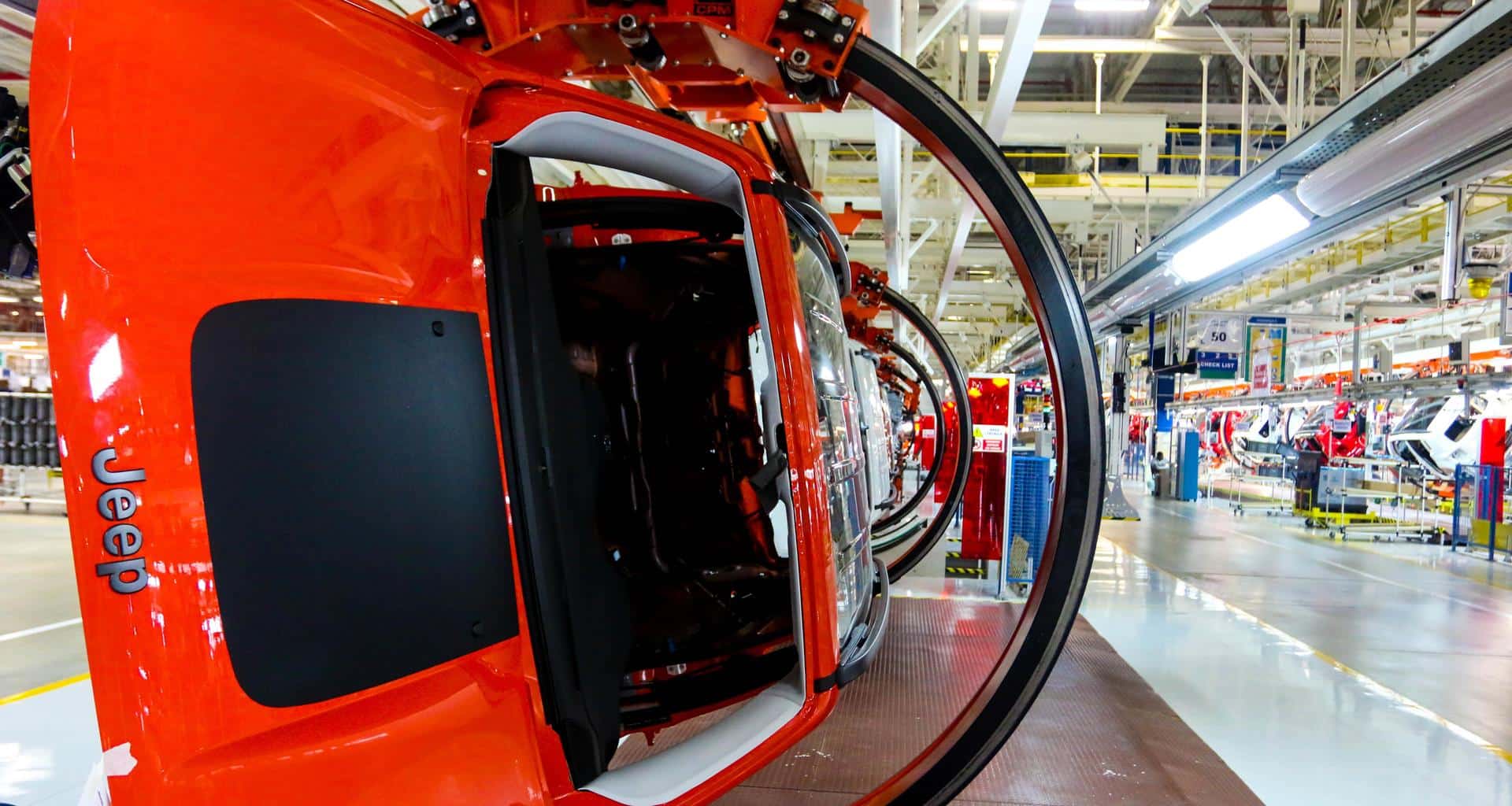The manufacturers claim that Stellantis is the large beneficiary of the bill close to being approved by the Senate


By Alzira Rodrigues | 11/8/23 | Translated by Jorge Meditsch
An old Brazilian automotive sector polemic, regional tax incentives are once more dividing the manufacturers installed in the country. In an unprecedented action, General Motors, Toyota and Volkswagen united against the extension of fiscal benefits for manufacturers established in the North, Northeast and Center-West regions until 2032, according to a bill set to be approved this week by the Senate.
The period is seven years larger than the previewed in the tax reform bill approved by the Chamber of Deputies. The three manufacturers manifested their disagreement with the possible Senate decision in an open letter.
About the polemic, Anfavea’s president, Márcio de Lima Leite, said that the association favors national production and does not take a position about regional incentives because they involve costs, “an exclusive matter of each manufacturer that cannot be debated as sectorial”.
Nonetheless, he praised the VW, GM and Toyota’s joint letter: “It is good that they take a position, with name and surname. It’s a legitimate debate”.
The three manufacturers that have 11 plants in the South and Southeast claim that the benefits extension distorts the sector’s competitiveness, as it mostly benefits the Stellantis Group, which has the Jeep plant in Goiana, PE, inaugurated in 2015.
In effect since 1997, the incentives for the mentioned regions were extended on many occasions and were scheduled to end in 2025. “The extension represents a technological and environmental throwback, besides being a fiscal renounce detrimental to the country’s development”, says the joint letter.
Transferência permitirá ampliar produção e oferta da nova picape Amarok a partir de 2027
Caminhões semipesados encerram o período com mais representatividade no ranking dos dez mais vendidos
Na opção inédita da cor fosca Cinza Oliver custa R$ 193.490
Preço promocional de lançamento do SUV plug-in vai até o fim de abril
Presidente da Fenabrave admite promoções e redução de margem para atrair consumidores para as concessionárias
Foram 473.927 emplacamentos, alta de 9,6% sobre idêntico período de 2024